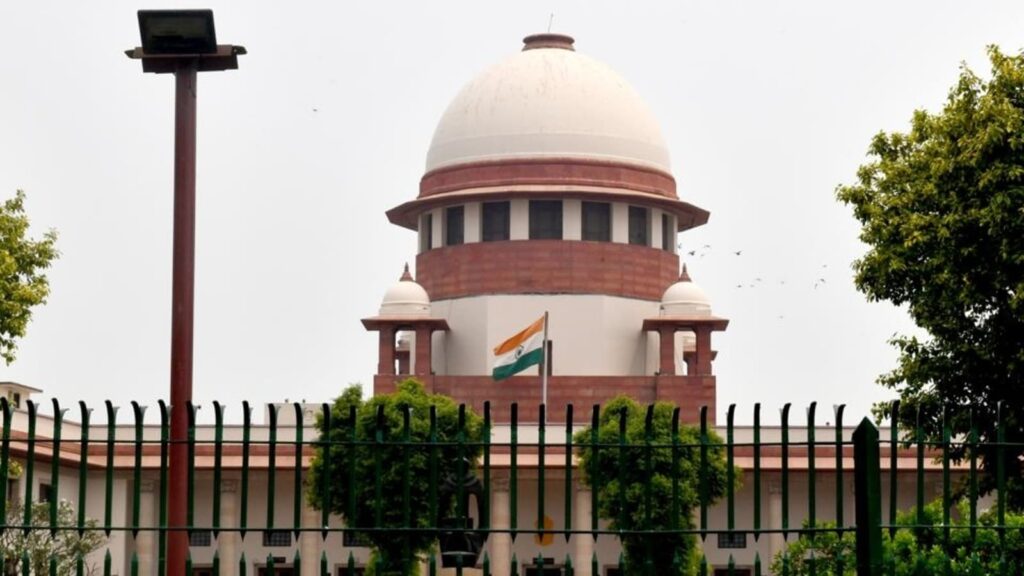If the criminal justice system forms the skeletal frame of any democratic society and its functioning, then the fundamental right to liberty of every individual must be considered its spine because it is this logic that recognises the full personhood of an individual and limits the powers of the otherwise formidable State. Unfortunately, in India, this spine has been afflicted by a disease called lengthy pre-trial detention that militates against the constitutional right to liberty and paints a damning picture of a criminal justice system that is stacked against the common person. The Supreme Court recognised this too last week in an order when it held that an accused could not be made to remain behind bars for an indefinite period under the Narcotics Drugs and Psychotropic Substances (NDPS) Act just because the law requires a court’s satisfaction that the person is not guilty.
A bench of justices Surya Kant and Dipankar Datta held that even in the case involving the tough anti-narcotics law, the liberty of an individual would take precedence over the statutory embargo in a particular statute, and that the period of incarceration of an accused shall remain a relevant factor. The pronouncement affirmed Article 21 of the Constitution that accords to all individuals the fundamental right to life and personal liberty. Through a raft of top court judgments, the right to speedy trial has been acknowledged as an extension of Article 21. That this strong pronouncement came in a case involving a law that reverses the usual presumption of innocence, ascribes culpability to the accused for the alleged offence and puts the onus on her to rebut the legal presumption is significant – especially at a time when stringent laws are often weaponised to keep accused behind bars, even if there is not sufficient proof to secure a conviction. It also underlines the importance of procedural safeguards in proceedings under such stringent laws; in the present case, for example, despite the accused being incarcerated for three-and-a-half years, the statements of only one of the 19 witnesses were recorded.
Undertrials make up three-fourths of India’s prison population, a function of profligate arrests, meagre or poor-quality legal aid, the hesitation of the lower judiciary to grant bail in many cases, and procedural hurdles such as verification of surety amounts. The top court’s recent statement highlights its unwavering stance on individual liberties and granting of bail, but for firm progress, there needs to be a shift in attitudes, both within prosecuting agencies and the lower judiciary in accepting the primacy of individual liberty.
Enjoy unlimited digital access with HT Premium
Subscribe Now to continue reading


